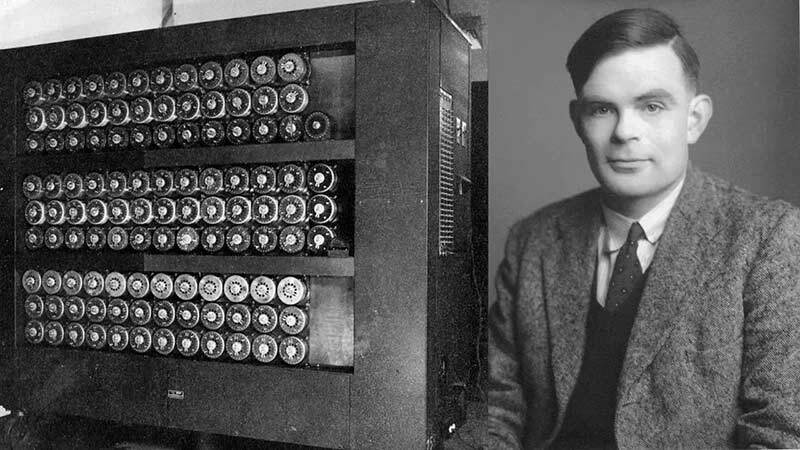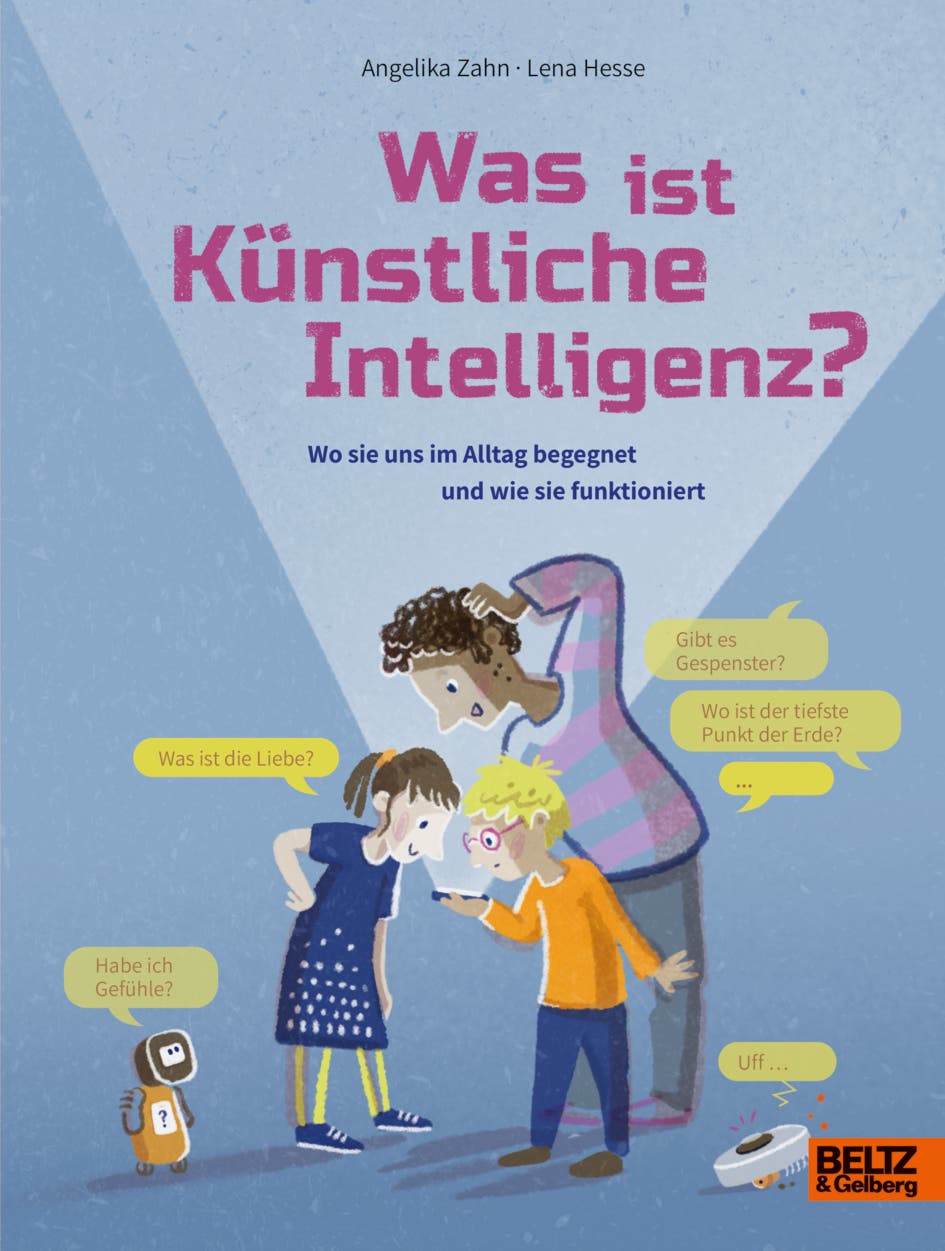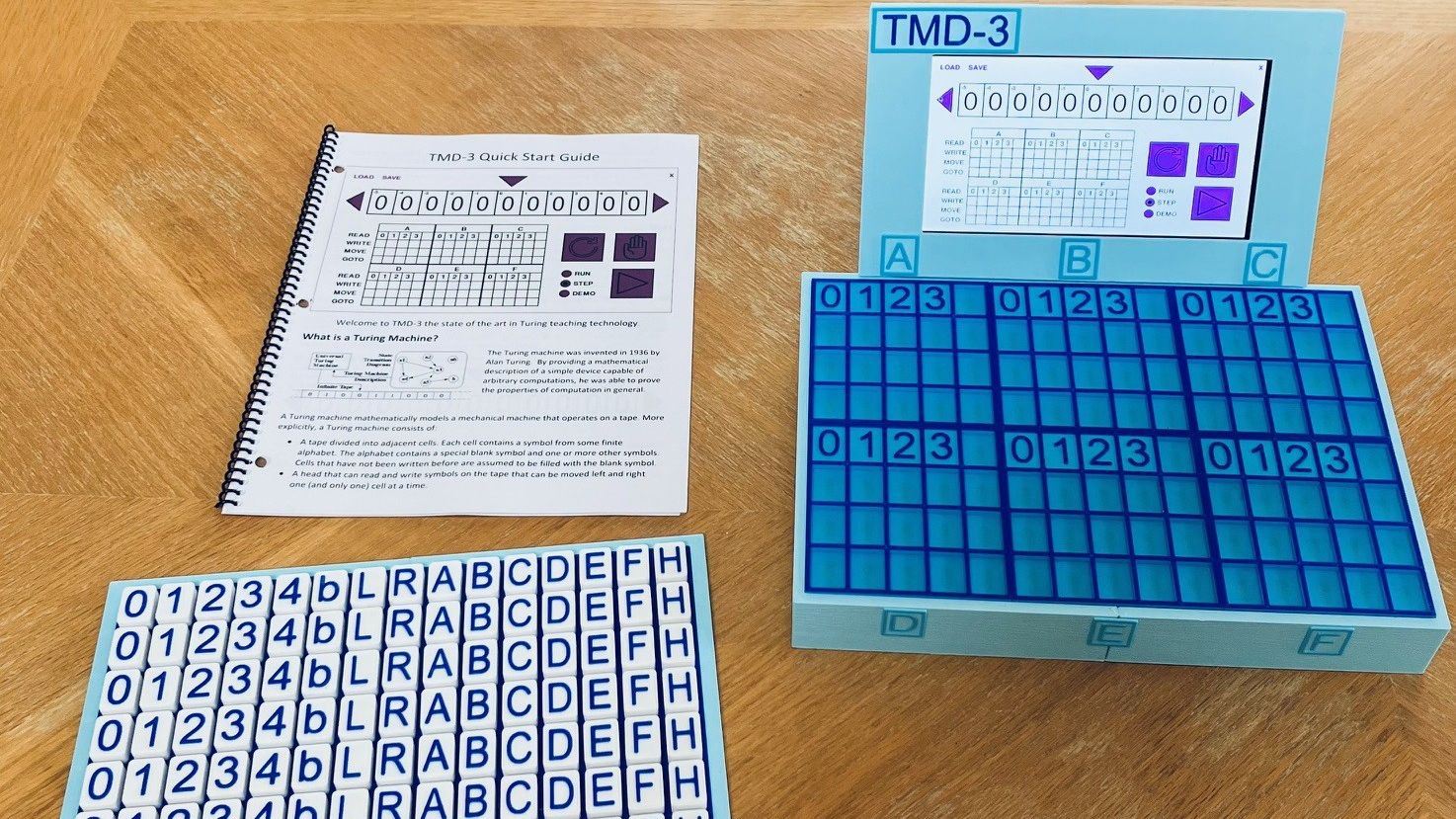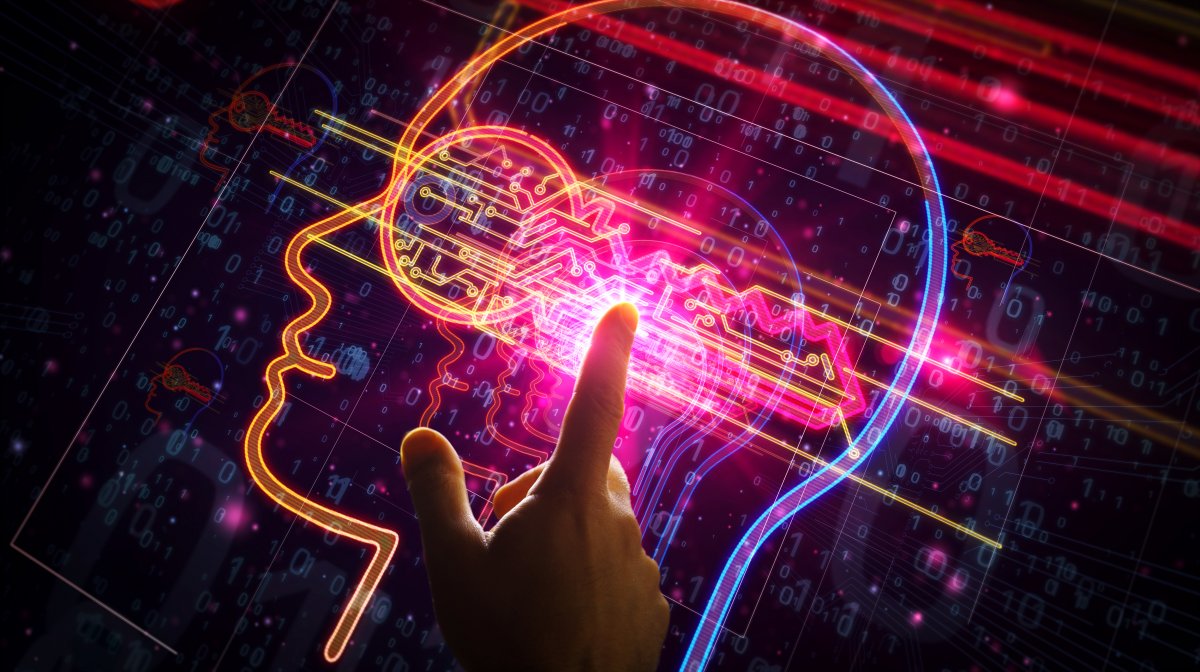
Lego Ideas - Working Turing Machine
What is a #Turing machine?
Depending on who you ask, it's either an abstract model of an algorithmic machine or an esoteric programming language. It's named after its creator, Alan Turing– an English #cryptologist.
The machine consists of:
- an infinitely long (in real life: long enough to do all practical programs) tape with symbols that can be moved left and right
- a "head" over one of the symbols that can read it and overwrite it with a new one,
- some registers containing the state of the machine,
- a table linking each combination of state and symbol to an instruction what to do next.
…and the working cycle of the machine looks like this:
- read the symbol from the tape
- based on the symbol and the state, see what to do next in the table
- based on the instruction, go to a new state and print a new symbol in place of the one that has been read
- also based on the instruction, move the tape 1 symbol left or right or exit the program
The cycle continues until the machine stops. This way it can execute any computer algorithm.
https://ideas.lego.com/projects/10a3239f-4562-4d23-ba8e-f4fc94eef5c7
#Lego #encryption #BletchleyPark #WWII #analog #computers #LegoIdeas
3 Likes
1 Comments
3 Shares






